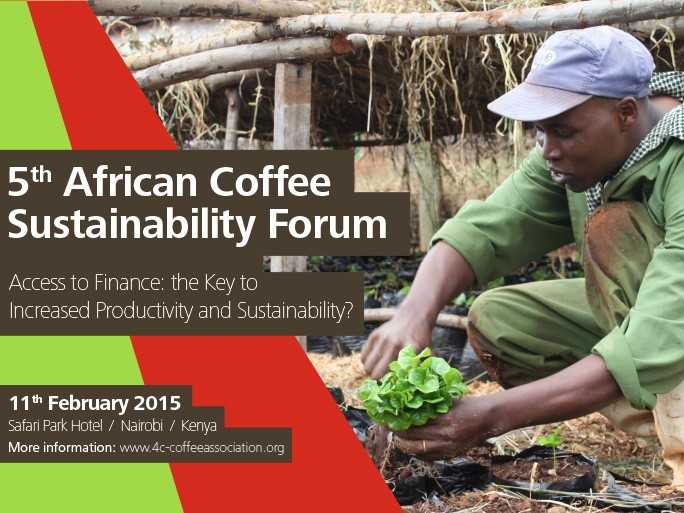by Robert Heavrin*
These days it’s easier to count the companies that are not taking sustainability action than to count the ones who are. However, there is a wide variance in how (or if) brands are communicating about their world-friendly efforts.
The starting point for sustainability is the supply chain, and the four brands below have begun raising awareness of their sustainable supply chains in interesting and varying ways.
Wendy’s Promotes Local Without Saying “Local”
For years, Wendy’s has promoted their food as fresher than competitors’; “fresh, never frozen” they advertised. Recently, Wendy’s have shifted some of the focus away from the product benefit of freshness and have tapped into the “local” craze by launching a campaign promoting the local-sourcing of their beef.
According to Wendy’s research, as noted by Sustainable Brands, consumers have heard Wendy’s fresh messaging, but had not yet made the connection it was local-sourcing that allowed products to be fresh and never frozen. Interestingly, the commercial does not mention the word “local,” but rather “close by” or “right here.” I wonder if this was a choice limited by actual proximity or a subtle strategic decision to keep the product benefit of freshness more center stage.
Carlsberg Co-Creates Sustainable Bottles
Keenly aware that beer drinkers are leery of how beer in non-standard containers could result in less flavorful beer, Carlsberg has worked with consumers to get their input in development of a sustainable bottle that reduces impact on the earth, but won’t scare away beer drinkers. According to Carlsberg’s sustainability director, Simon Hoffmeyer Boas, via Sustainable Brands, Carlsberg’s future bottle will not only be bio-degradable but satisfy a category need—better-insulated beer. Not to mention, the co-creation experience has given consumers a chance to interact and enhance their relationship with the brand.
Kit Kat Creates Content to Raise Awareness of People at Other End of Supply Chain
When examining the vending machine for an afternoon snack, your key brand choice factors is not likely to be whether the cocoa in your chocolate bar was sustainability grown. It had not crossed my mind either, until I saw Kit Kat’s new commercial and YouTube video highlighting the 40 schools they’ve built in Ivory Coast—the world’s largest grower of cocoa. Kit Kat seems to have pulled out all of the stops to make the content compelling, even to non-sustainability freaks.
The video features YouTube sensation Fun for Louis and Ivory Coast soccer legend Didier Drogba. Why is Kit Kat putting so much effort to illuminate its sustainable supply chain, especially in a category where sustainability may be less top of mind? Kit Kat is helping to create a culture of awareness about the people at the other end of the products we consume and the conditions in which they live. Eventually, that may convert into a consumer need at the vending machine, like local seems to have in fast food.
Starbucks Plants a Tree Per Bag and Keeps Score in Store
If you’ve been in a Starbucks recently, you may have noticed that Starbucks is also drawing attention to its supply chain with a Toms shoes-like promotion: buy a bag of coffee and Starbucks will donate a disease-resistant coffee tree to farmers in Central America. While it is certainly an altruistic act, it first struck me as a bit self-serving: Let’s plant more coffee trees so we can grow and sell more coffee.
Starbucks’ promotion seems like a product-first initiative that also supports people, while Kit Kat is a people-first plan that also supports product development. Both will likely have similarly positive impact on farming communities and creating a more sustainable supply chain, but I wonder if consumers will perceive a differing level of authenticity in the actions.


















